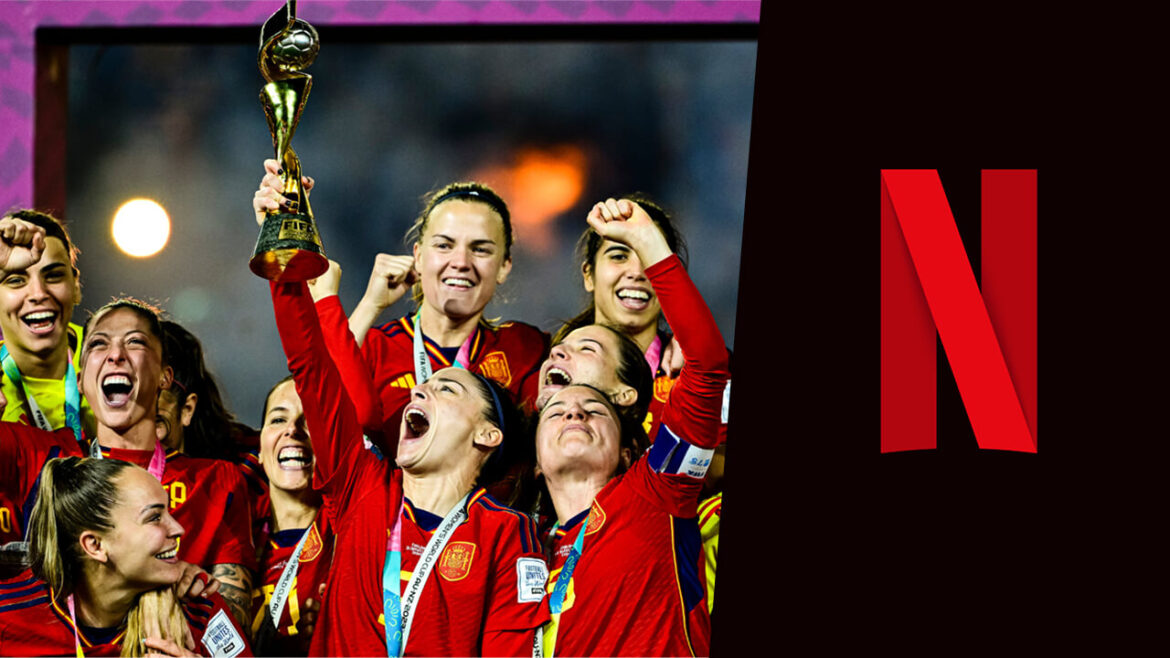In a groundbreaking move for both the sports and streaming industries, Netflix has secured the exclusive U.S. streaming rights for the 2027 and 2031 FIFA Women’s World Cups. This historic deal marks the first time that a FIFA tournament will be broadcast solely on a digital streaming platform, signaling a major shift in how major sporting events are consumed in the United States.
Netflix’s expansion into live sports continues with this significant partnership, building on its growing roster of sports-related content. While the platform has previously released high-profile docuseries such as Quarterback and Beckham, this marks its largest venture into live sports broadcasting. Unlike past FIFA agreements, where tournament rights were split between television networks and digital platforms, Netflix will have exclusive control over streaming all Women’s World Cup matches in the U.S.
This exclusive agreement is a milestone for both Netflix and FIFA, with every match of the 2027 and 2031 tournaments set to be available live in both English and Spanish, ensuring accessibility to a diverse American audience. The move aligns with the broader trend in the sports media landscape, where major sports leagues and organizations are increasingly turning to digital-first platforms. Following the lead of Apple’s Major League Soccer deal and Amazon’s investment in Thursday Night Football, Netflix is positioning itself as a major player in live sports streaming.
FIFA’s decision to partner with Netflix also aligns with its ongoing efforts to grow the visibility of women’s soccer globally. With Netflix’s massive international subscriber base, the deal is expected to broaden the Women’s World Cup’s reach, bringing the tournament to new viewers around the world.
Beyond live broadcasts, Netflix plans to enhance the tournament experience with exclusive content, such as behind-the-scenes footage, player interviews, and documentary-style features that will run both before and during the competition. This additional content aims to engage a wide range of viewers, including those who may not typically tune in for soccer.
As the Women’s World Cup continues to grow in prominence, this move could have far-reaching effects on the future of sports broadcasting. If successful, the deal may set a precedent for other major sports organizations to embrace streaming platforms as their primary broadcasters, potentially reshaping the landscape of live sports consumption. For FIFA, Netflix’s involvement is another step in its ongoing mission to elevate the Women’s World Cup and bring it to an even larger audience.


